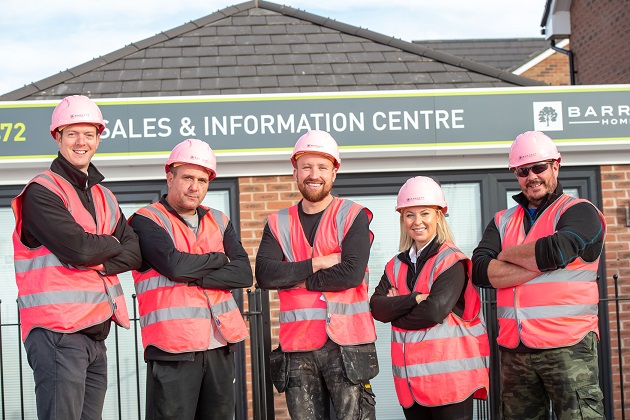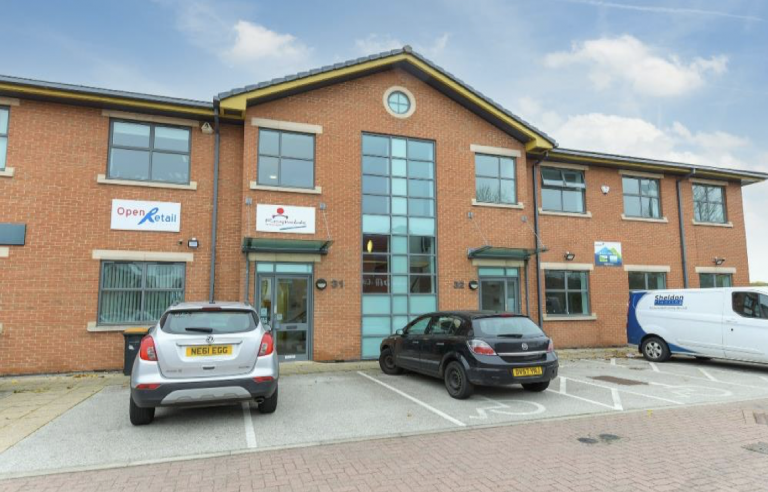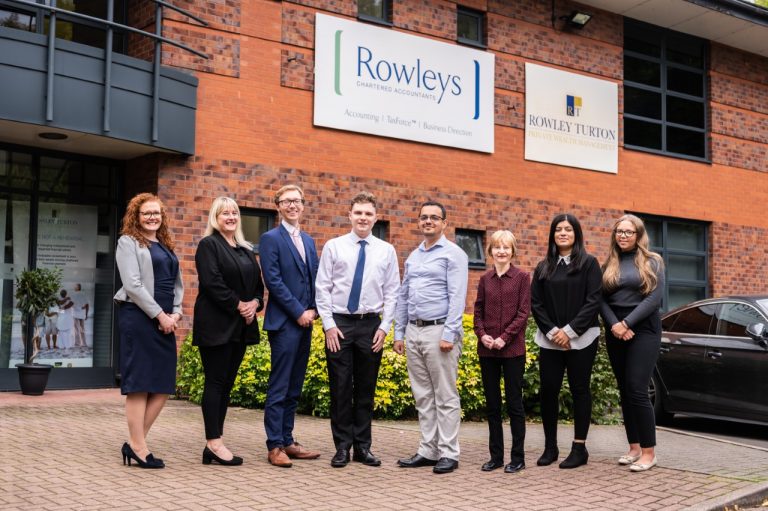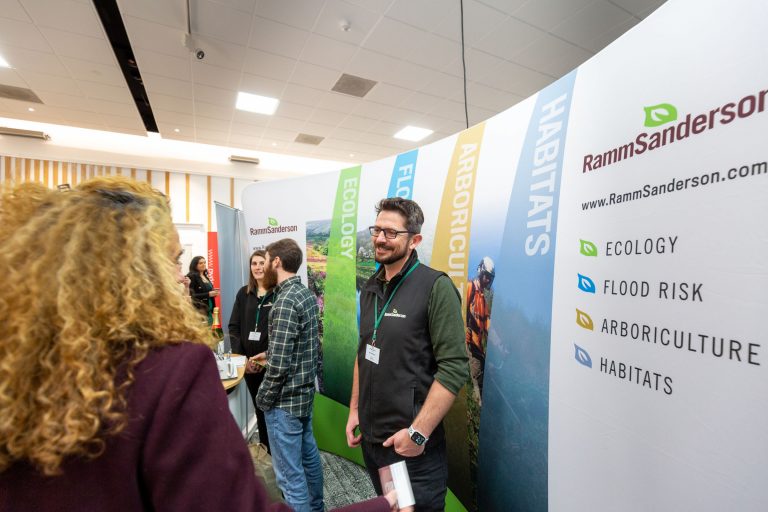Leicester-based accountants Rowleys has made a number of new appointments across its team as part of the firm’s strategic growth plans.
The recent appointments include nine new team members in various departments across the firm, including: James Hutchinson who joins the Audit & Accounts team as an audit & accounts senior, Mohammed Rahman, Hollie Harvey-Rowley and Jenson Eley who join the Audit & Accounts team as trainees, and Lucy Elsom who joins the Payroll Team as a senior payroll advisor. Neesha Bali joins the Tax team as a trainee and Isaiah Campbell and Rachael Briggs join the Medical Team as trainees.
Senior manager Claire Wright joins Rowleys from Grant Thornton, where she had previously been for over 12 years. She will work with new and existing audit and accounts clients, to provide an efficient and effective process tailored to them. Claire’s experience ranges from working with small businesses to larger corporations, including owner managed and private equity.
“I’m delighted to join Rowleys at such an exciting time,” says Claire.
“Rowleys has a great reputation and strong values that align closely with my own. The firm is passionate about providing a great service to clients and the development of its people, this is one of my main reasons for joining.
“Rowleys has a great client base of a range of businesses from all sectors and I’m looking forward to working with a number of them. I can’t wait to hit the ground running and make a real impact.”
Tom Copson, managing partner, says: “We are delighted to welcome all our new recruits to the Rowleys team. It is great that we have been able to add talented individuals of varying experience to support our future growth. I’ve no doubt that our new team members will make a significant contribution to Rowleys and our clients.
“It’s an exciting time for Rowleys, and a great time to join the firm, as we continue to grow. Attracting and retaining the right people is vital and we’re committed to the development of our people and giving them opportunities to develop and grow their careers.”












